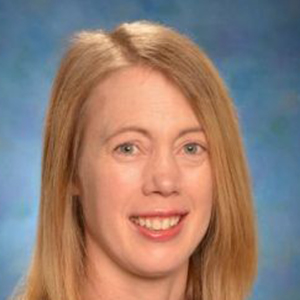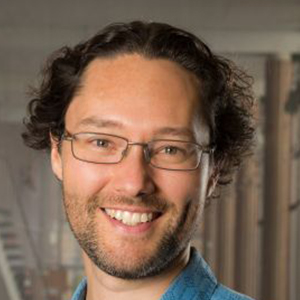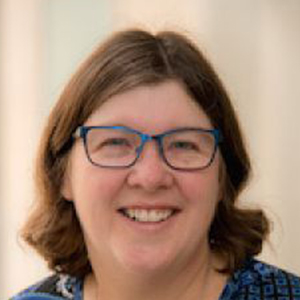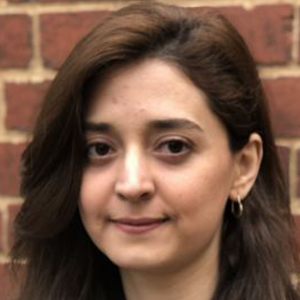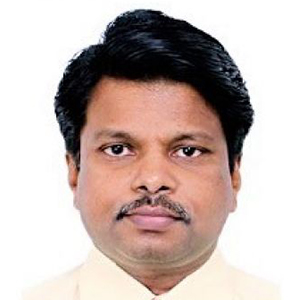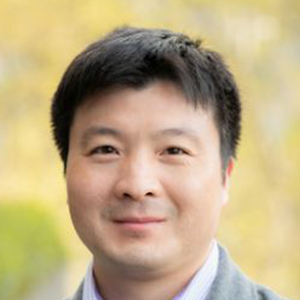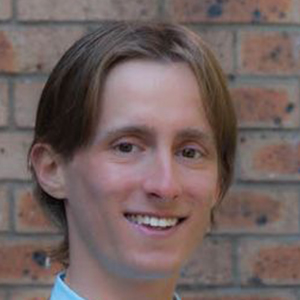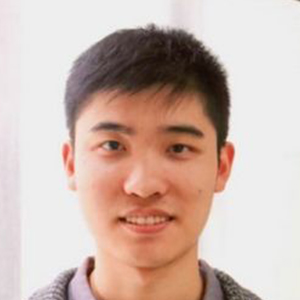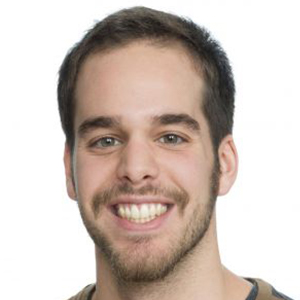

The Centre of Excellence in Exciton Science is made up of more than 200 members from at least 20 different countries, bringing with them a wealth of expertise, viewpoints and experience.
This diversity, along with our international contacts, is a tremendous asset to the science that we do, allowing us to find creative solutions to problems and to maximise the impact of our work. Our vision is that all students and staff feel valued and encouraged to contribute their perspectives and talents to the Centre. More broadly, we aspire to contribute to positive change in the world, both through how we work together and, in our research, and engagement.
The Centre climate survey carried out late 2019 highlighted both the diversity existing across the Centre as well as our inclusiveness. The Equity, Diversity and Inclusion Committee was established in December 2019 to continue to support the Centre’s commitment to equal opportunity and diversity among its members and within the broader community. It includes representation from each of the Centre nodes across CIs, postdocs, students and professional staff.
In 2020, the committee met monthly and developed a wide range of policies and resources to support Centre members and activities. This includes core documents, including an EDI Policy and Code of Conduct (along with Terms of Reference). These summarise our shared values and goals and pave the way for the further development of initiatives to support equity, diversity and inclusiveness within the Centre.
In order to ensure equity within our hiring processes, the committee developed an Inclusive Recruitment Policy. This details how the Centre will ensure recruitment advances equity, diversity and inclusion among our members, which ultimately impacts the wider field of Exciton Science. The Centre has also established a Carer’s Fund, with advice from the committee, to help members with carer’s responsibilities participate in Centre events and conferences. Additionally, the committee has drafted a set of guidelines to support the Centre’s commitment to flexible workplace practices.
The committee has also developed supporting mechanisms to ensure the Centre achieves and promotes the mental and physical wellbeing of all members. With this in mind, the committee has developed a set of resources to promote awareness of differences. One of these is an outreach calendar highlighting days/weeks/celebrations of significance, including R U OK? day, Reconciliation and NAIDOC weeks, and Harmony Week. Other resources that are available to Centre members on the EDI page include a checklist for ensuring that presentations are accessible to as wide an audience as possible and an information sheet on how to make communications colour-blind-friendly.
Finally, with COVID severely impacting our members this year, especially those unable to return to Australia, the committee helped develop a survey that was used to better understand the range and severity of impacts faced by our students and postdocs. Together with direct communication between group leaders and their members, this helped Centre leadership to support our members during this challenging time via channels including the monthly newsletter, weekly online seminars, and virtual group lunches, and by directing members towards specific local resources.

University of Sydney node members
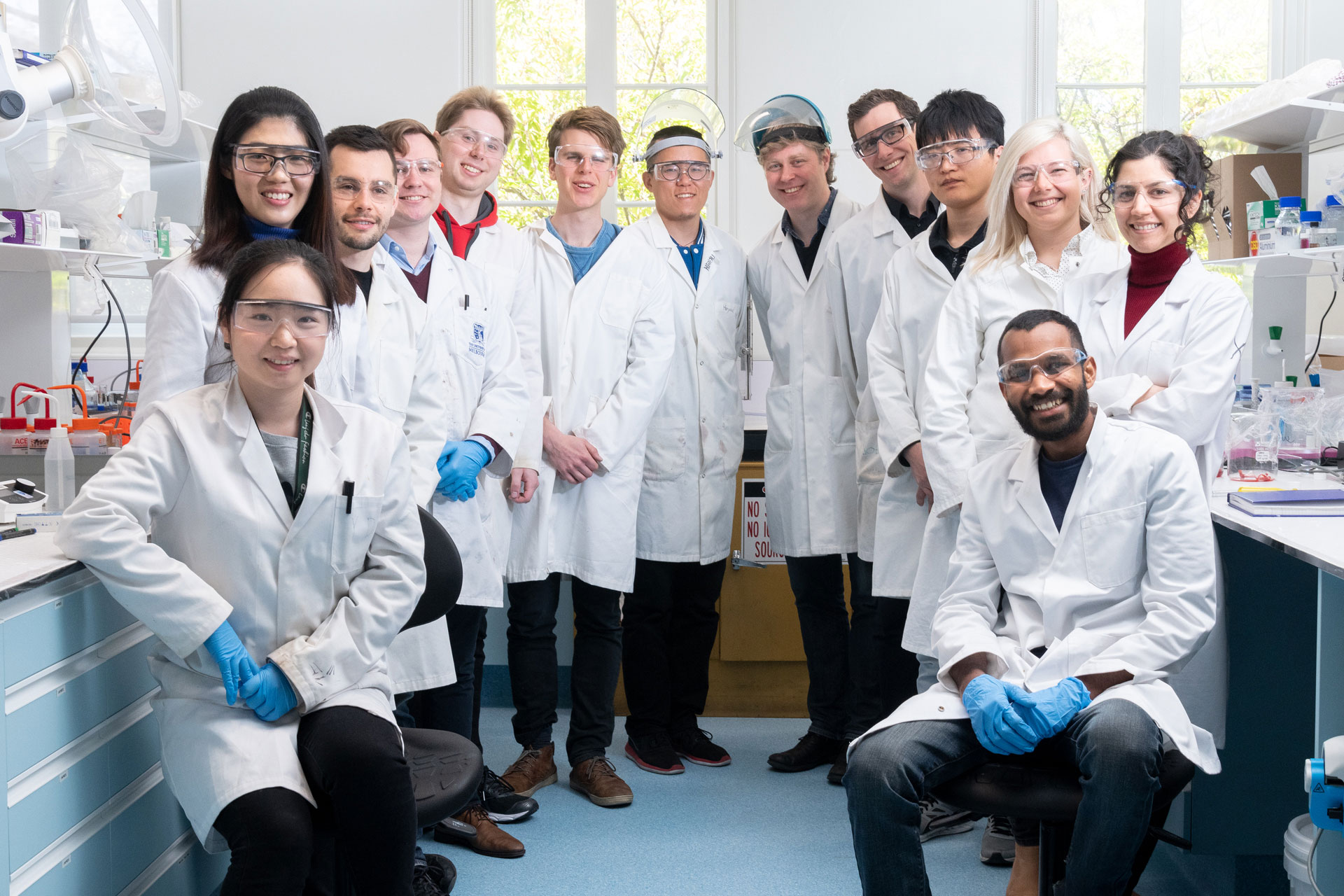
Members of Exciton Science in the Nanoscience Lab at The University of Melbourne
